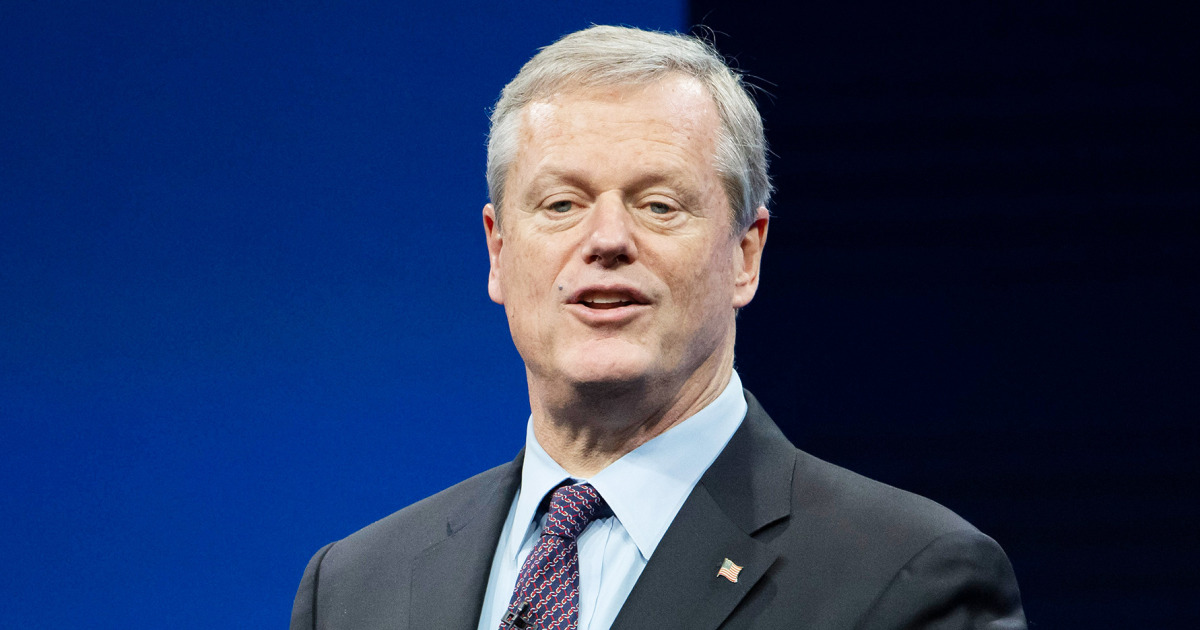WarriorofTime
Registered User
- Jul 3, 2010
- 33,440
- 23,854
To clear up the misinformation, the that needs to be addressed, and outright removed entirely is the one that just comes outright and says CHL teams are professional, no creative rule or "fast and loose" enforcement involved.
Other things banned and makes you a professional league
Even if the CHL ridiculous contracts entered into with minors for little consideration are not enforceable, there is also this
As far as why players can play in the World Juniors or even World Championships (see Cutter Gauthier and Lane Hutson playing for Team USA alongside NHL players, and then going back to NCAA), there is a provision that addresses that in place.12.2.3.2.4 Major Junior A Ice Hockey. Ice hockey teams in the United States and Canada, classified by the Canadian Amateur Hockey Association as major junior A teams, are considered professional teams under NCAA legislation.
No professional team (real professional like NHL or "professional" like the CHL) is assigning players to play in the World Juniors or World Championships, it's not part of their professional player obligations, and they aren't paid for it. The NHL DOES however "assign" players under professional contracts to the CHL. This is a big distinction and thus not a "loose" interpretation (in addition to just outright stating it)12.2.3.2.2 Professional Player as Team Member. An individual may participate with a professional on a team, provided the professional is not being paid by a professional team or league to play as a member of that team (e.g., summer basketball leagues with teams composed of both professional and amateur athletes).
Other things banned and makes you a professional league
This is the issue NIL is dealing with right now, which is addressed in 12.4. Pay for play is not allowed, but it's getting there as it's occurring in all but name only. The CHL has the stipend/players receive a pay stub, pays sub-minimum wage because the Canadian governments said that's fine, but certainly looks and smells like a salary.12.1.2.1.1 Salary, Gratuity or Compensation. Any direct or indirect salary, gratuity or comparable compensation.
"outside sports team", the CHL scholarship program based on years played in the league is right on the nose here.12.1.2.1.3.2 Educational Expenses from Outside Sports Team or Organization—After
Collegiate Enrollment. Educational expenses provided to an individual after initial collegiate enrollment by an outside sports team or organization that are based on any degree on the recipient’s athletics ability [except as specified in Bylaw 15.2.6.4-(h)], even if the funds are given to the institution to administer to the recipient.
Even if the CHL ridiculous contracts entered into with minors for little consideration are not enforceable, there is also this
Otherwise professional means any contract voids your eligibility, doesn't matter how enforceable it is.12.2.5 Contracts and Compensation. An individual shall be ineligible for participation in an intercollegiate sport if he or she has entered into any kind of agreement to compete in professional athletics, either orally or in writing, regardless of the legal enforceability of that agreement.




